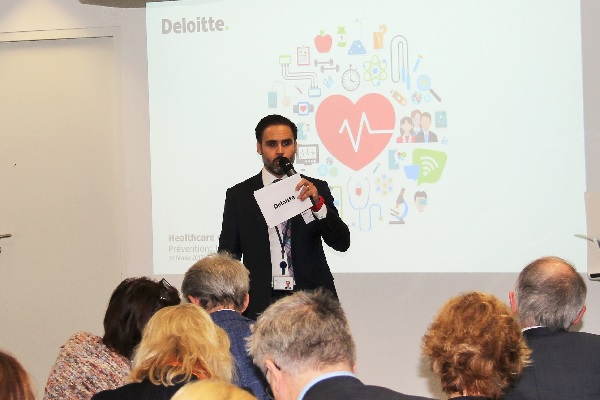
According to Deloitte’s recent white paper “Noncommunicable Diseases: How to act now to reverse the curve tomorrow”, noncommunicable Diseases (NCDs) are the world’s most fatal illnesses, with an estimated 38 million annual deaths, representing 68% of all deaths worldwide.
These findings were presented at Deloitte Luxembourg’s sixth annual conference on healthcare and life sciences, which took place on 1 February, in the presence of 80 professionals and experts from the Luxembourg healthcare sector.
The paper also estimated that 44% of all deaths caused by NCDs, which includes cardiovascular diseases, cancers, respiratory chronic diseases, diabetes, and mental illness, are people under 70 years of age mainly affected by cardiovascular diseases.
Luc Brucher, Partner and Healthcare and Life Sciences Leader at Deloitte Luxembourg, commented that: “Accounting for two-thirds of deaths worldwide, noncommunicable diseases are a growing burden for health care systems and economies. Health promotion, in conjunction with better awareness of social and environmental factors affecting health, is key to an effective and long-lasting response to these diseases.”
The causes of NCDs are multiple and can be classified into two categories. The first are modifiable risk factors, which are the primary targets of intervention, as they are related to features that individuals or societies can change with the aim to safeguard and improve their health. The second are inherent risk factors, which are not modifiable and related to the individual. These risk factors include age, sex, racial/ethnic distribution, and genetic.
Based on the World Health Organization (WHO) recommendations, the white paper aims at providing guidance to governments for the design of an efficient public policy to prevent and control NCDs. Countries are developing strategies and guidelines for addressing NCDs and risk factors through innovative changes to health infrastructure, new funding mechanisms, improved surveillance methods, and policy responses.








